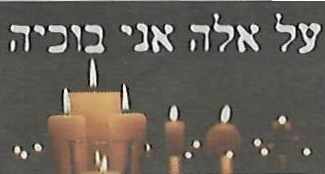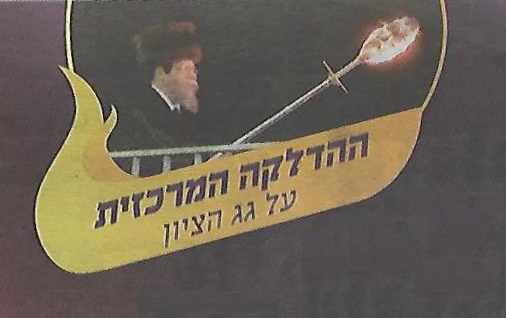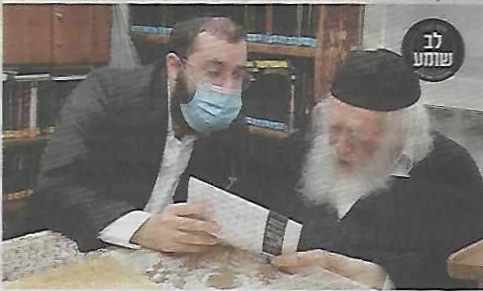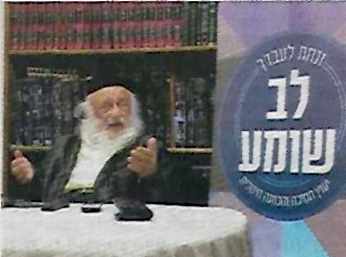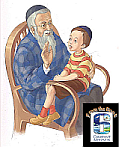  |
|
| |||||
This Google Custom Search looks only in this website. Covid-19 Effects on Chareidi Communities Around the World
The Covid-19 pandemic has hit Jewish communities around the world. There are losses everywhere. There is no place to hide that is guaranteed safe. Here are reports from various Jewish communities around the world.
Regarding Lag B'Omer, it has been agreed that there will be a central Hadloka as always, lit by the Boyaner Rebbe. As the central bonfire of Lag B'Omer in Meiron it has always surpassed all barriers of the various Jewish communities and is considered to be "the bonfire of all of Klal Yisrael."
These questions were posed to HaRav Chaim by the Israeli organization Lev Shomeia about various new issues that have arisen in the current unusual circumstances.
HaRav Boruch Dov Povarski recently offered a midrashic interpretation of the Torah world's current situation.
Originally published twenty years ago, this essay has special meaning in these times when so much of daily life is severely disrupted.
"And if they shall bring a thanks offering . . . " We give
thanks for great miracles, such as being taken out of Egypt,
and for daily life. Are these the same thing?
"There are four [categories of] people who must give thanks:
those who go down to sea, and those who traverse the deserts,
those who are released from prison and a sick one who has
been healed. They must give thanks, as it is written, `They
shall thank Hashem for His kindness and they shall offer up
thanks offerings'" (Rashi quoting Chazal).
Only four types of people must give thanks? And no more? Is
not everyone obliged to thank Hashem for the miracles we
experience daily, and for His wonders and kindnesses towards
us at all times?
From Our Archives
A Great Man
About HaRav Shimon Moshe Diskin zt"l
Pinchos got out of bed that morning even more reluctantly than usual. It was bad enough that he had lost his father less than a month ago, just before his bar mitzva. The additional pressure of finding an omud each morning was a constant burden on him which he knew would continue for almost a year. He could not involve his mother; she had enough to worry about at the moment. Whenever he thought he had a place to daven, someone would come and claim that he had priority, either a yahrzeit or that he, himself, was also an ovel. It is easy to push a boy around, especially one who still looks like a young child.
This morning Pinchos decided to get up a little earlier and go to a kollel some distance from his house. He thought that the men there were all young and with luck he might find a permanent place for the year. To his disappointment, there was someone already standing at the omud when he arrived. The young man noticed him and invited the boy to take his place. "Although I also have a chiyuv (obligation to lead the davening), it will be easier for me to find an omud than for you. Just don't tell anyone that I gave my place to you." So at least for this morning, Pinchos' problem was solved.
When There are Unnatural Troubles . . .
By Mordecai Plaut
HaRav Yonasan Eibeschitz explains how one can know if the troubles he is experiencing are a message backed by love from Heaven or a frightening and terrible withdrawal and abandonment of him by Providence.
EARLIER EDITORIALS
A Mission to Spread
Daas Torah
Looking for the
Best in Yiddishkeit
The Immorality
of Palestinian Combatants and Noncombatants
|
|||||




.jpg)
